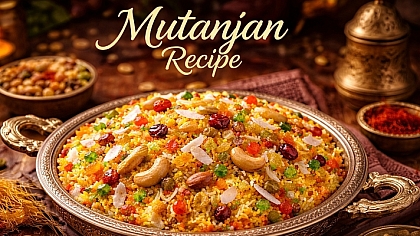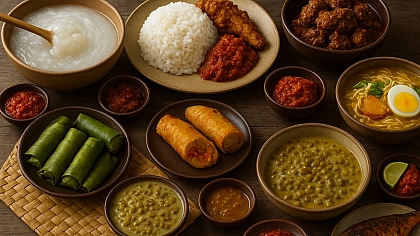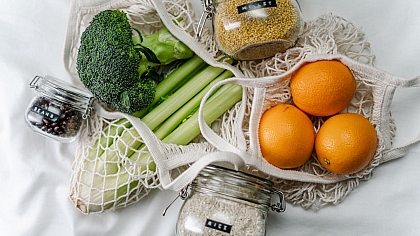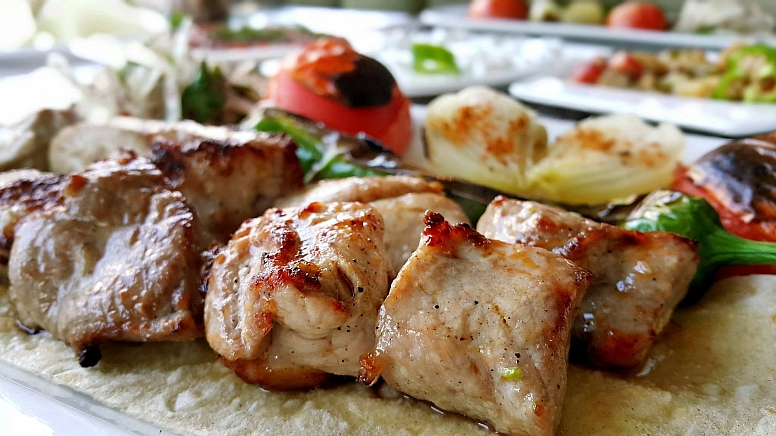
5 Essential Health-Packed Ingredients in Turkish Cuisine
Aside from its beautiful tourist destinations, Turkey is also known for its aromatic, healthy, and unique cuisine.
Turkish cuisine is based on seasonal ingredients that are grown all over the country. Every region has their specialities and delicacies that make the cuisine even more diverse.
Recently, Hurriyet Daily News reported that the country is aiming to bring more attention to their culinary traditions to attract food enthusiasts. If you are looking to get a head start on the wonders of Turkish treats and cuisine, we wrote a post on the A to Z of Turkish Ingredients. But if you prefer to get to know the healthier side of the cuisine through its essential ingredients, read on below.
Eggplant / Aubergine
Turkish cuisine has numerous dishes centred on eggplants. It is a vegetable full of antioxidants, vitamins and minerals. Some of the eggplant's greatest benefits include controlling blood sugar, promoting eye health, enhancing bone health, and many more! It's an ideal ingredient to improve overall health.
You will often find eggplant in hot and cold Turkish dishes alike. Musakka, eggplant salad, eggplant jam, or grilled eggplant are just a few of them.
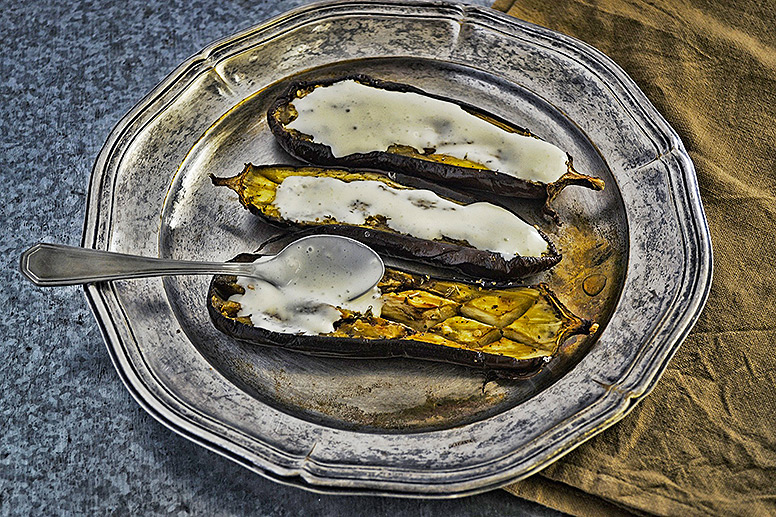
Yoghurt
Yoghurt, derived from the Turkish word yoДџurmak, is also a key ingredient in Turkish cuisine, not just for its Turkish origins, but also for its various health benefits. Harvard's School of Public Health claims that yoghurt contains important nutrients like protein and calcium. It also contains live bacteria that can lower harmful bacterial strains in the body.
Yoghurt can be consumed plain, as a dip, or as a pairing with grilled meats. It is also the main ingredient for ayran, a famous Turkish yoghurt drink.
Olive Oil
As the fourth-largest producer of olive oil, Turkey has incorporated the oil into many of its dishes. Turkish olive oil is mild, buttery and has a more subtle flavour than those produced elsewhere. Olive oil is also full of healthy fats that can be linked to many health benefits, like pain relief and an improvement in cholesterol.
Dishes like dolmas or stuffed grape leaves are often served with olive oil. You can also use it in the classic dish of ЕћakЕџuka or as a dipping sauce alongside hummus for your pitta.
Tomatoes
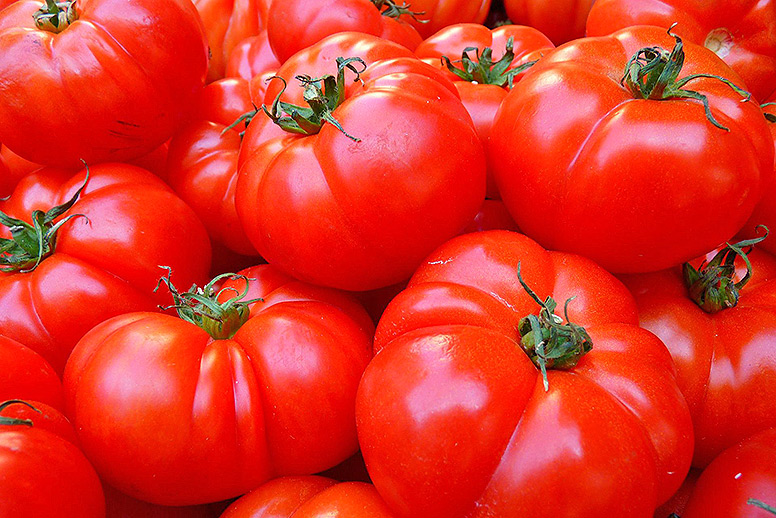
Tomatoes are used in many Turkish dishes. Whether it's a fresh tomato or tomato paste, it's guaranteed to add a fruity kick to stews.
Tomato is also a good source of lycopene, which reduces the risk of cancer and heart disease. While heart disease can be very serious in itself, it can be prevented with healthy lifestyle choices. And it's also crucial to keep an eye on heart health since unregulated conditions may lead to more serious complications, including an increased risk of a stroke and cardiac arrest.
Maybe a hearty ЕћakЕџuka or a simple grilled tomato can be your first step!
Aside from ЕћakЕџuka, tomato is found in kisir, pilafs, kuru fasulye, and nohut, to name a few classic Turkish fares.
Bulgur
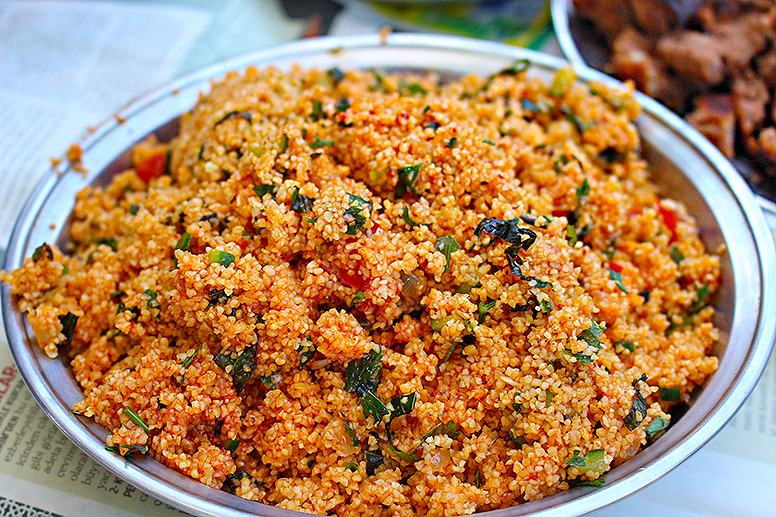
Similar to rice, bulgur wheat is a staple of Turkish cuisine. It comes coarse or fine, depending on what the dish needs. OrganicFacts notes that bulgur can stimulate growth and development, prevent chronic diseases, aid in sleep and protect the immune system.
As mentioned, the type of bulgur depends on the dish. Coarse bulgur is perfect for pilaf with its nutty taste. Fine bulgur is usually used in meze, soups, and desserts.
After going through this list, we hope that you can experience these healthy ingredients through a variety of Turkish cuisines. Get cooking and find some amazing Turkish recipes!


